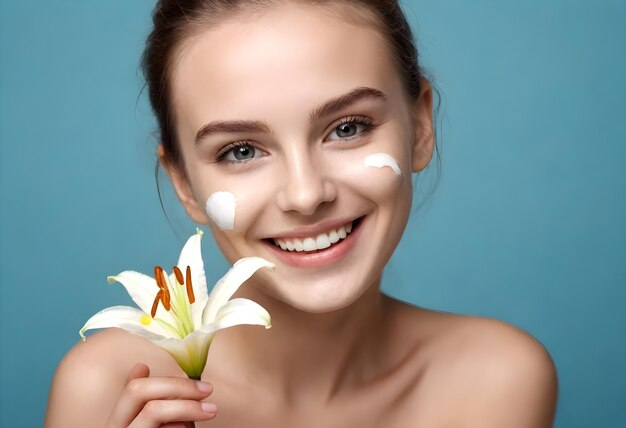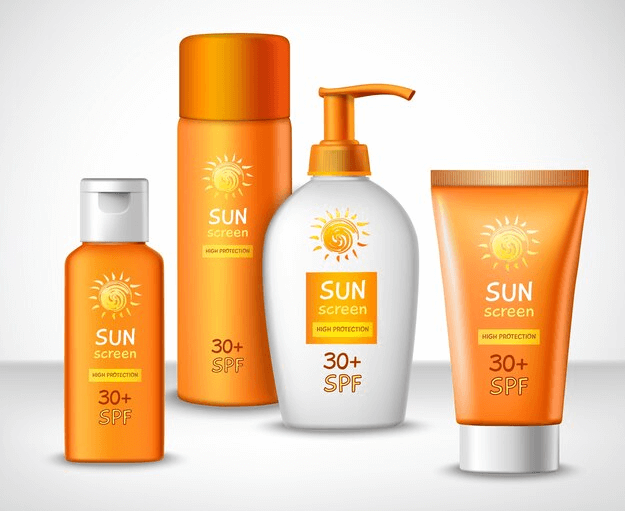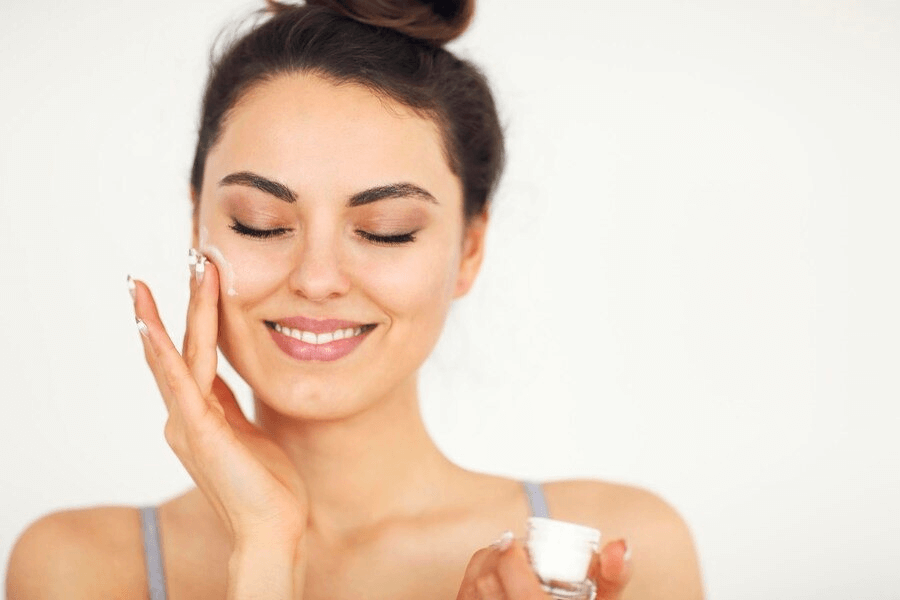
Understanding Moisturizers for Your Skin
Moisturizers play a crucial role in any effective skincare routine, providing essential hydration to the delicate skin of your face and neck following cleansing. It’s important to distinguish between moisturizers and lotions: while both aim to hydrate, lotions are typically lighter and primarily intended for the body due to their higher water content and thinner consistency.
Benefits of Using Moisturizers
Moisturizers offer a plethora of benefits that contribute to healthier and more vibrant skin:
- Hydration: At its core, moisturizer replenishes moisture in the skin, alleviating dryness, flakiness, and irritation. By maintaining optimal hydration levels, moisturizers help keep the skin soft and supple.
- Protection: Many moisturizers include SPF (Sun Protection Factor), shielding the skin from harmful UV rays. This not only prevents sunburns but also diminishes the risk of premature aging and skin damage caused by sun exposure. Additionally, moisturizers act as a barrier that helps prevent moisture loss from the skin, a process known as transepidermal water loss (TEWL).
- Anti-aging Benefits: Some moisturizers boast ingredients like retinol, peptides, or antioxidants such as vitamin C, renowned for their anti-aging properties. These components stimulate collagen production, reduce the appearance of fine lines and wrinkles, and enhance overall skin texture and elasticity.
- Brightening and Even Skin Tone: Specific moisturizers incorporate ingredients like vitamin C or niacinamide, which brighten the skin and fade dark spots or hyperpigmentation. Regular use can result in a more even skin tone and a radiant complexion.
Types of Moisturizers
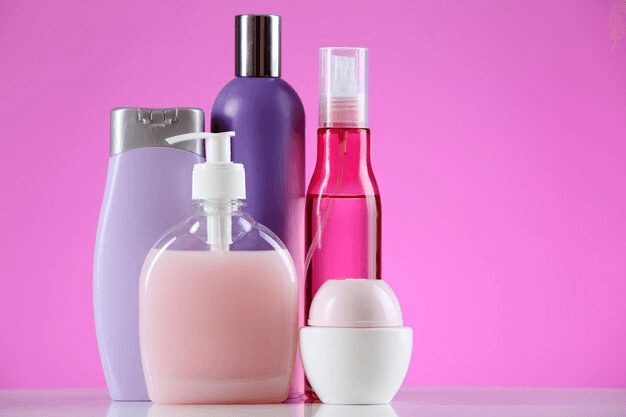
Moisturizers can be categorized into three main types, each offering unique formulations and benefits:
- Emollients: These moisturizers contain oils and lipids like ceramides, shea butter, or jojoba oil, which soften and smooth the skin. Emollients work by filling in the gaps between skin cells, resulting in a smoother and more even skin texture. They are particularly beneficial for dry or mature skin types that require intensive hydration and nourishment.
- Humectants: Humectant-based moisturizers, such as hyaluronic acid, glycerin, or alpha hydroxy acids (AHAs), attract moisture from the environment and draw it into the skin. This helps hydrate the skin from within, leaving it feeling plump, hydrated, and refreshed. Humectants are suitable for all skin types, including oily and acne-prone skin, as they provide lightweight hydration without clogging pores.
- Occlusives: Occlusive moisturizers create a protective barrier on the skin’s surface, preventing moisture loss and enhancing the skin’s natural barrier function. Common occlusive ingredients include petrolatum, mineral oil, beeswax, and silicones. These moisturizers are ideal for dry or sensitive skin types that require long-lasting hydration and protection against external aggressors.
Key Ingredients in Moisturizers
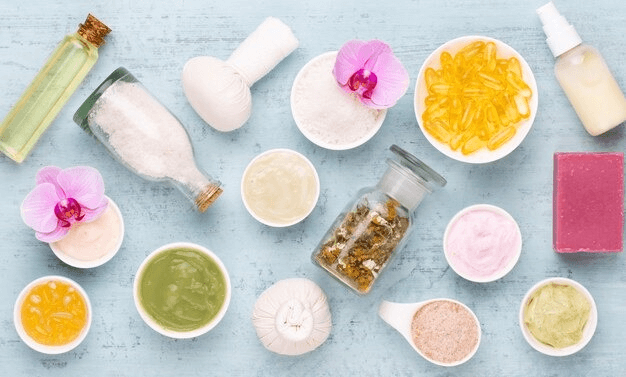
Understanding the ingredients in your moisturizer can help you choose the best product for your specific skin needs:
- Glycerin: Derived from vegetable oils, glycerin is a powerful humectant that attracts moisture to the skin and helps maintain its hydration.
- Hyaluronic Acid: Known for its ability to hold several times its weight in water, hyaluronic acid deeply hydrates the skin and plumps up fine lines and wrinkles.
- Ceramides: These lipid molecules help to restore the skin’s natural barrier, preventing moisture loss and enhancing hydration.
- Retinol: A derivative of vitamin A, retinol stimulates collagen production, improves skin texture, and reduces the appearance of wrinkles.
- Vitamin C: An antioxidant that brightens the skin, evens out skin tone, and protects against free radical damage.
- Peptides: These small protein molecules help to stimulate collagen production and improve skin elasticity and firmness.
- Shea Butter: Known for its moisturizing and soothing properties, shea butter helps to soften and nourish the skin.
Demerits of Using Moisturizers
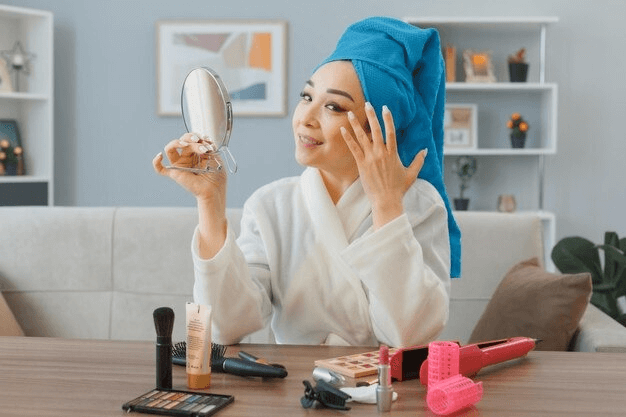
While moisturizers offer numerous benefits, there are some potential drawbacks to consider:
- Clogged Pores: Occlusive moisturizers, especially those with heavy oils like mineral oil or petrolatum, can clog pores and lead to breakouts, particularly in individuals with oily or acne-prone skin.
- Skin Sensitivity: Some moisturizers may contain fragrances or preservatives that can irritate sensitive skin or trigger allergic reactions. It’s essential to choose fragrance-free and hypoallergenic options if you have sensitive skin.
- Greasy Feel: Certain moisturizers, particularly those with richer formulations, may leave a greasy or heavy residue on the skin, which can be uncomfortable, especially in hot or humid climates.
Tips for Using Moisturizers
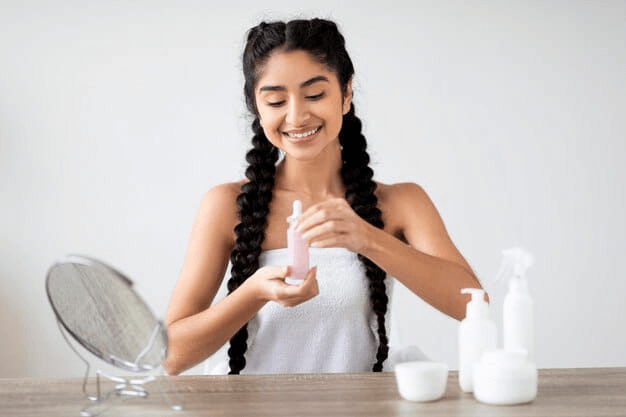
To maximize the benefits of your moisturizer and avoid potential pitfalls, follow these tips:
- Apply to Damp Skin: For optimal absorption, apply moisturizer to slightly damp skin after cleansing or showering. This helps lock in moisture and enhances the effectiveness of the product.
- Use Sparingly: A little goes a long way with moisturizers. Start with a pea-sized amount and gently massage it into the skin using upward motions until fully absorbed.
- Layering Products: If using multiple skincare products, apply moisturizer after serums but before sunscreen or makeup. This ensures that the moisturizer can effectively penetrate the skin without interference from other products.
- Day and Night Application: Use a lightweight moisturizer with SPF during the day to protect against UV rays, and opt for a richer, more nourishing formula at night to replenish the skin’s moisture while you sleep.
Seasonal and Weather-wise Selection
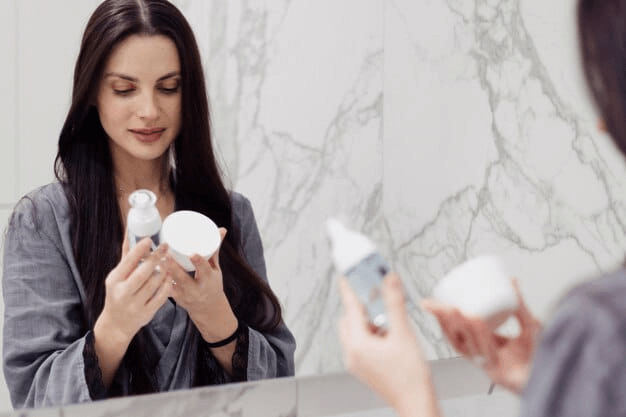
The choice of moisturizer can vary depending on the season and climate:
- Winter: In colder months, opt for richer, emollient-based moisturizers that provide deep hydration and create a protective barrier against harsh weather conditions. Look for ingredients like shea butter or ceramides to help combat dryness and prevent moisture loss.
- Summer: During warmer months, switch to lightweight, gel-based moisturizers or oil-free formulations that absorb quickly and won’t feel heavy or greasy on the skin. Water-based moisturizers with humectants like hyaluronic acid are ideal for providing hydration without clogging pores.
Region-wise Selection
Consider the environmental factors and pollution levels in your region when selecting a moisturizer:
- Urban Areas: If you live in a city with higher pollution levels, choose moisturizers with antioxidants like vitamin C or green tea extract to help protect the skin from environmental damage and free radicals.
- Dry Climates: In arid or desert climates, opt for moisturizers with occlusive ingredients such as petrolatum or silicones to prevent moisture loss and maintain hydration levels throughout the day.
- Humid Climates: For humid environments, lightweight, water-based moisturizers are preferable as they provide hydration without adding excess oil or contributing to a greasy feel.
Conclusion
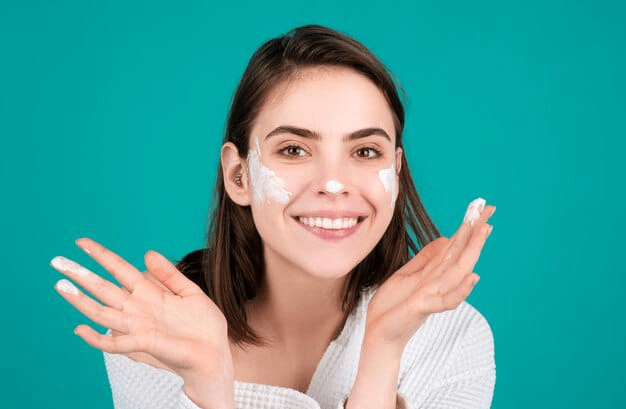
Understanding the different types of moisturizers, their key ingredients, and how to select the right product for your skin type and climate is essential for maintaining healthy, glowing skin year-round. By incorporating the right moisturizer into your daily skincare routine and following best practices for application, you can effectively hydrate your skin, protect against environmental stressors, and achieve a radiant complexion. Consult with a skincare professional or dermatologist to find the best moisturizer for your specific needs and enjoy the transformative benefits of well-nourished and hydrated skin.


